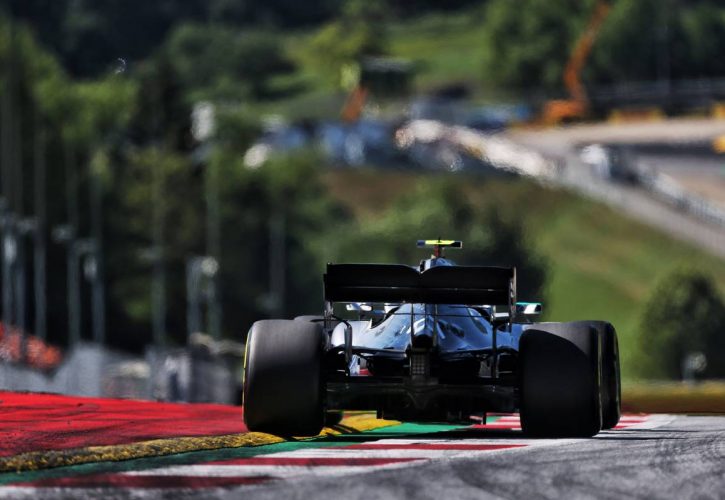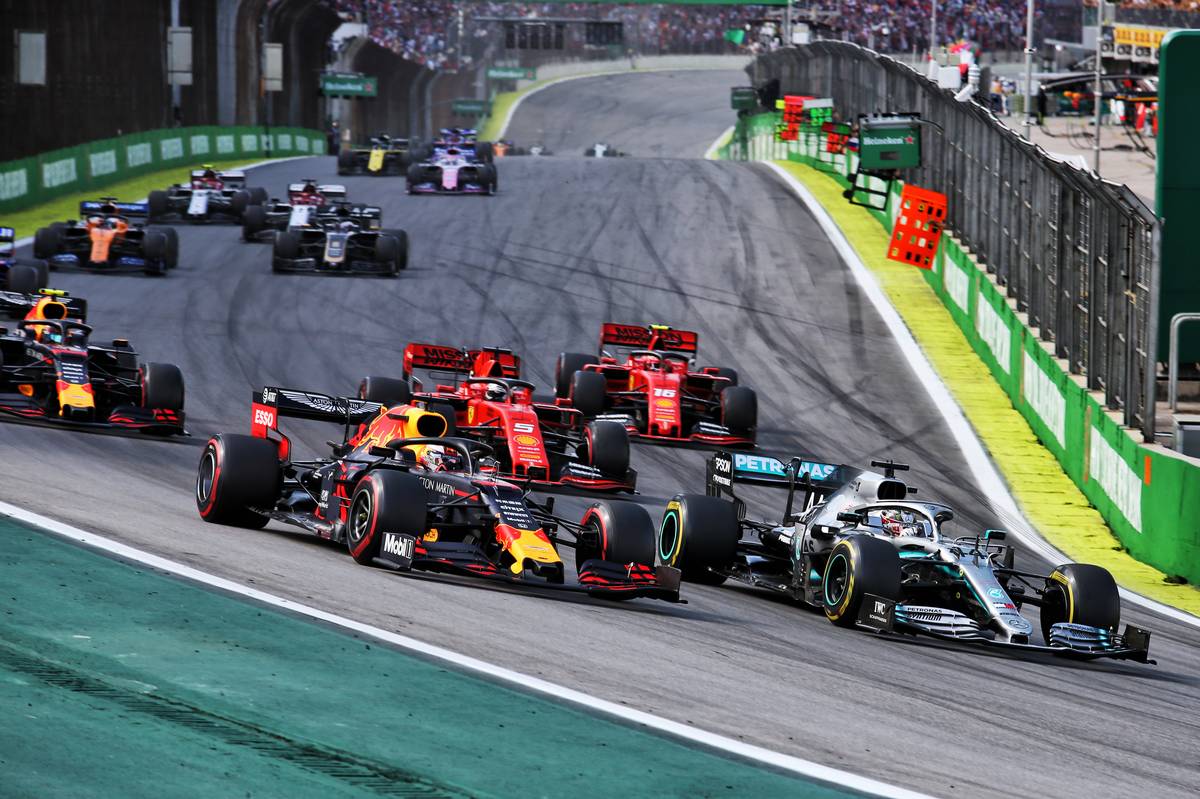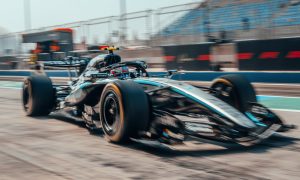
Mercedes engine boss Andy Cowell says the muffled and less aggressive sound of F1's hybrid engines has encouraged families to attend Grand Prix weekends.
Formula 1's engines have seen incredible advancements in terms of energy efficiency since the advent of the hybrid era in 2014.
But for all the technological prowess achieved by the sport's power unit engineers, one area in which the engines have failed in the ears of the fans is sound.
The low-key strangled melody of today's F1 engine is a far cry - pun intended - from the screaming, earth-shattering, soul-stirring, high-revving pitch of the V10s and V8s from the previous decade or the nineties.
But Cowell - the man who supplies the power to Lewis Hamilton and Valtteri Bottas cars from Mercedes' HPP factory in Brixworth - believes F1's typical hybrid engine sound has had a positive impact on race attendance figures.
"In 2014, none of our engines were particularly well tuned, we were running a light-weight exhaust system, and so not equal length primaries," said Cowell, speaking in a Motorsport magazine podcast.
"I think now everybody's got a very well tuned engine, all the lengths are a nice equal size, and I think the sound is pleasant, the volume isn't high, but it's still pretty noisy.

"Now all the other supporting championships have got turbocharged engines, and they all sound fairly similar. I think we're seeing more families go to the circuit.
"Previously, with the screaming V8s and the screaming V10s, there was no way a child would go anywhere near a circuit. You wouldn't inflict that on your child.
"There are lots of us that have got damaged hearing from working in the industry in that time, so therefore I think it's a good progression."
"At the moment there are no performance freezes in the power unit world," explained Cowell.

"We've just completed our sixth championship, and with 18 months of development before we went racing and six years it's a long time for the engineers to optimize. So the gains end up smaller, but you end up looking in more areas.
"You start looking in areas where you assumed there wouldn't be a gain and often because you've not gone hunting there before, you do find reasonably-sized gains.
"With every update the power gets better in terms of power and reliability."
Gallery: The beautiful wives and girlfriends of F1 drivers
Keep up to date with all the F1 news via Facebook and Twitter







